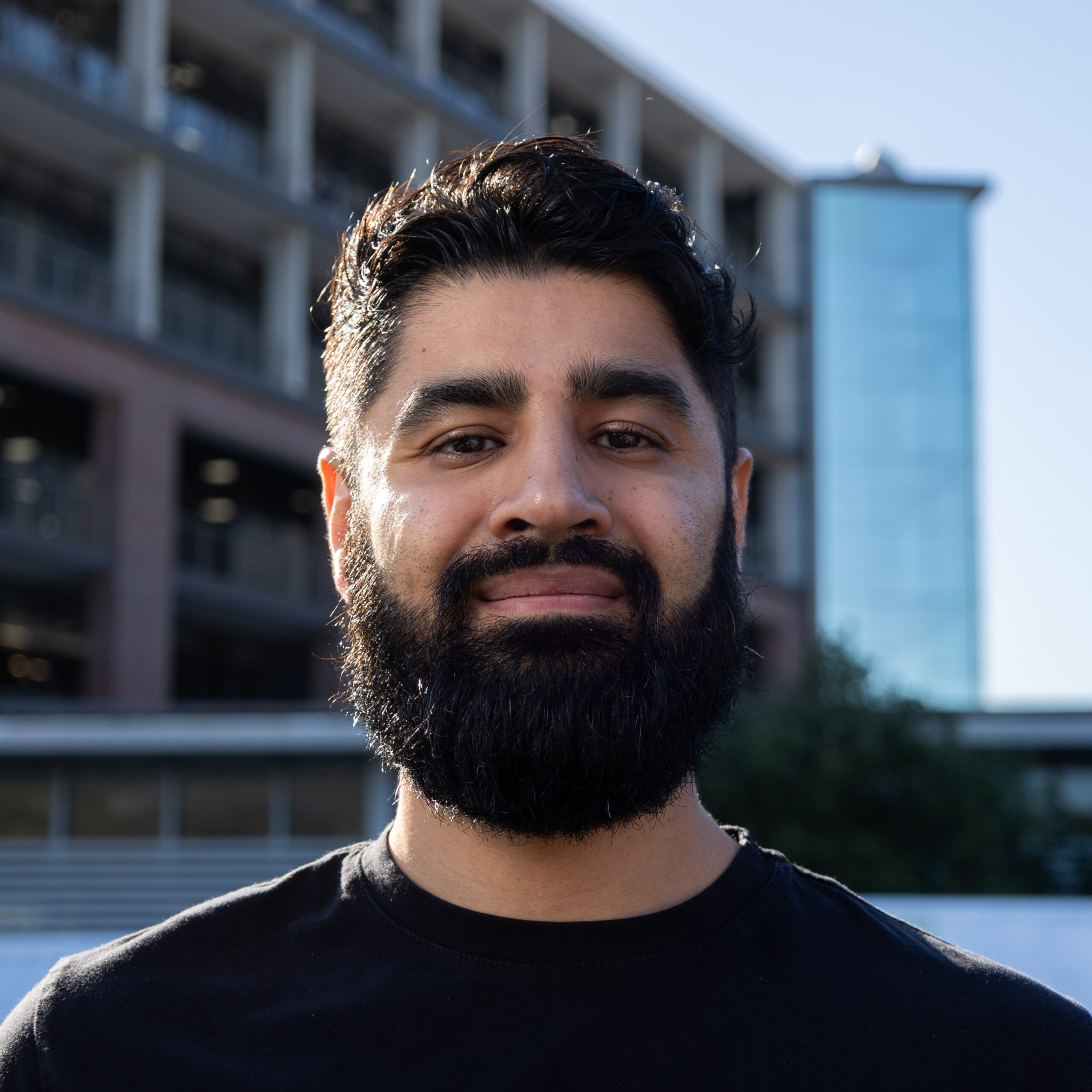Stitch is one of the latest startups to secure backing from major international firms as global investor appetite for African fintechs continues to rise.
South Africa-based company, Stitch announced a $55 million Series B funding round, which will enable it to deepen and expand its in-person payments offering, move into the acquiring space, and further bolster its online payments suite.
The round was led by QED Investors, a VC in the fintech space, with participation from Norrsken22, Flourish Ventures and Glynn Capital, and angels, including comedian Trevor Noah.
Junaid Dadan, Co-Founder and President at Stitch tells FORBES AFRICA that the company, which helps businesses connect to the financial system, was founded because this system in South Africa was not transforming quickly enough as business models and the economy transformed.
“In the last ten years, there have been a lot of changes especially when we look at how people build businesses,” he says.
Loading...
“But the financial system doesn’t necessarily fully reflect all of those changes.”
One example that Dadan highlights is how online businesses operate 24/7 and all year round—often serving customers, globally, across time zones—and banks still process payments strictly during traditional business hours, creating a disconnect that can hinder growth and efficiency.
While Stitch has managed to scale rapidly and attract major backing, many African startups do still struggle to move beyond early-stage funding.
According to a MacAdebowale 2025 report, Small and Medium Enterprises (SMEs) on the continent make up over 90% of the businesses and are responsible for about 50% of the total GDP in sub-Saharan countries, however they only receive only a fraction of available funding.
The report further notes that in 2019, venture capitalists poured over $2 billion into African startups yet SMEs, the backbone of Africa’s economy, saw less than 20% of that capital.
Despite this hurdle, Dadan adds that, at the core, people need to provide solutions that fully accommodate the customer.
“If one is building a real business that’s solving real customer problems with proper fundamentals and metrics which support investment, then I think funding is available for that,” he says.
“Customers have always been our biggest advocates, ultimately, and therefore funding has followed.”
QED Investors Partner and Head of Africa and the Middle East, Gbenga Ajayi said in a statement: “Having closely followed the Stitch team over the past four years, it’s been impressive to watch their rapid growth and execution in becoming a trusted payment provider”.
Although this is something to celebrate there is still the matter of global investors potentially hindering the African market from becoming a self-sustaining ecosystem.
However, Dadan explains that there is room for both, especially when looking at the appetite of each of the investors. From his experience, international investors have a higher risk appetite.
“They have more experience with early-stage ventures, how to assess them and how to take a risk on them, and are willing to take those leaps of faith.”
He also believes that African investors have a better lay of the land and can help reach local markets. They help with regulation and compliance as they understand the sectors that they operating in as well, wherein foreign investors may have some difficulty with that.
“It’s always important to have a blend of the two, and [to see] what each brings to the table, both from a pros and cons perspective.”
The company offers solutions encompassing unified commerce, collections and account top-ups. Total funding has reached $107 million since its inception in 2021.
Loading...
